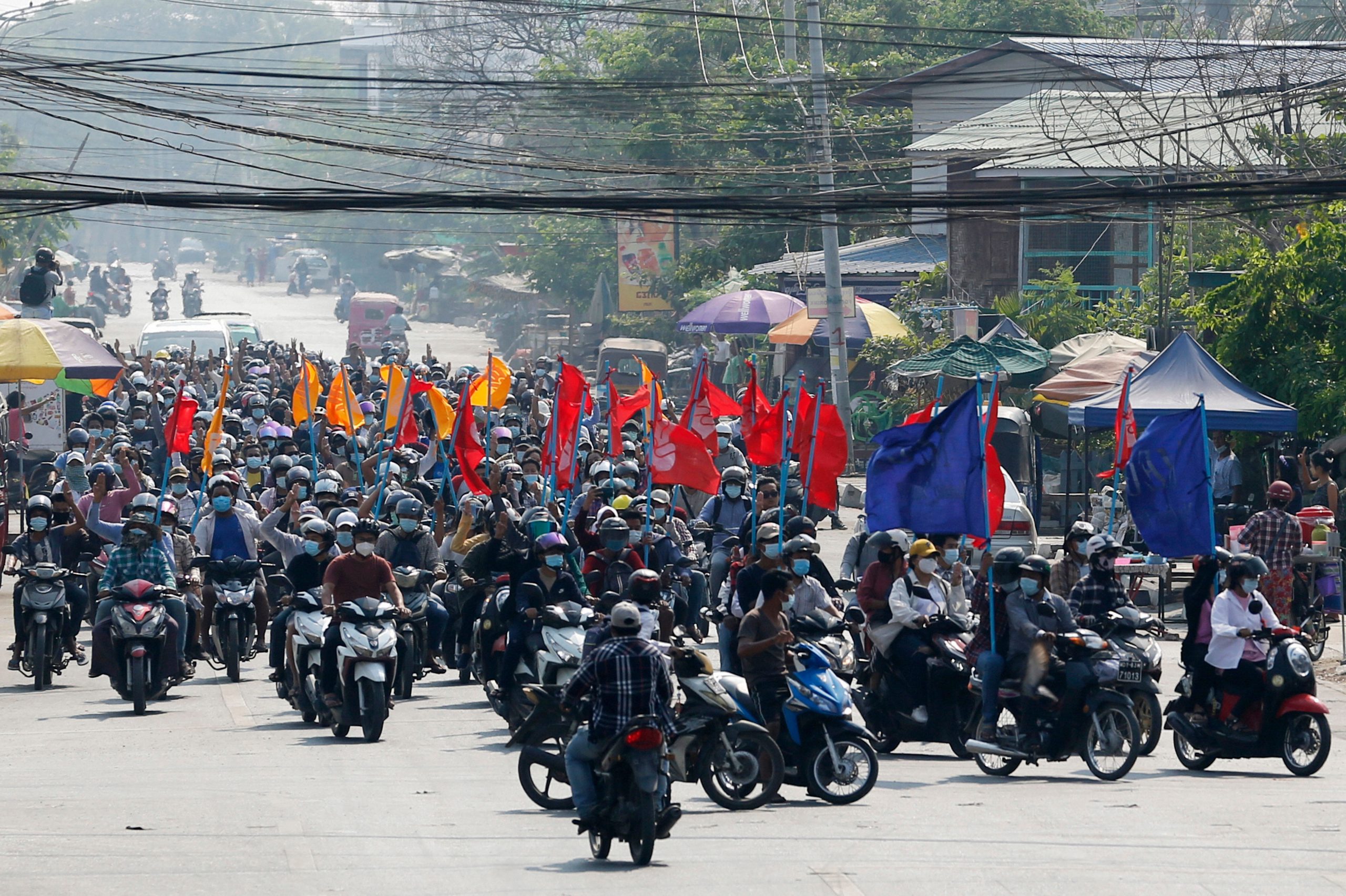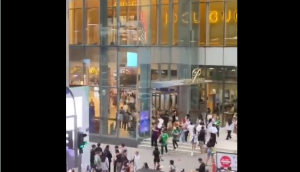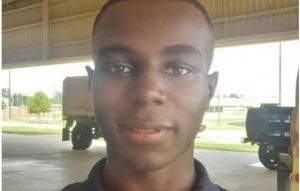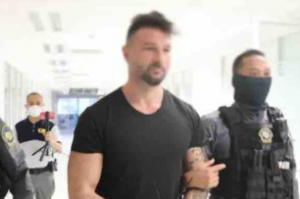It has been two months since army seized power in Myanmar on February 1, overthrowing an elected government and imprisoning its leader Aung San Suu Kyi. Nearly 500 people have been killed in the violent protests that followed the coup and thousands of Myanmarese have been rendered homeless and are fleeing the country and taking refuge in neighbouring countries.
Here all you need to know about the Myanmar coup and its aftermath:
– On February 1, the Myanmar Armed Forces detained Aung San Su Kyi, President Win Myint and other senior leaders from the ruling party National League for Democracy (NLD), hours before Myanmar’s new parliament was set to meet after elections.
– Before being detained by the military, Aung San Su Kyi had asked the people of Myanmar to come out on the streets and protest against the military coup.
Also Read: After Myanmar marks bloodiest day since coup, security forces fire at a funeral
– On March 27, Myanmar saw its bloodiest day since the coup when 114 people, including children, were killed. Deaths were reported from 44 cities and towns where army action took place.
– Myanmar’s military also conducted air strikes that killed three people. The fighter jet strikes were seen as a retaliation to an attack on soldiers by Karen rebels that left 10 Myanmarese armed force officials dead.
– Major countries and organisations, including United Nations and the United States have condemned the violence. US President Joe Biden said that the Myanmar bloodshed was ‘absolutely outrageous’. UN chief Antonio Guterres also said that the violence was unacceptable.
– On Myanmar’s annual military parade, eight nations, including India, Russia and China were present in the country’s capital Naypitaw on March 27, the day that witnessed massive bloodshed.
Also Read: Global condemnation after bloodiest day since Myanmar coup
– Thousands of Myanmarese nationals have fled the country seeking refuge in other neighbouring nations. Around 1,000 Myanmarese nationals entered India’s Mizoram to take refuge in the state, as per reports.
-Meanwhile, Indian state Manipur refused to provide shelter and food and stated that it would give attention to people who need medical help only on humanitarian grounds.
– Thailand Prime Minister Prayuth Chan-ocha has said that the country was prepared for an influx from the neighbouring country after almost 2,500 people fled to safe zones in the Thai country.







